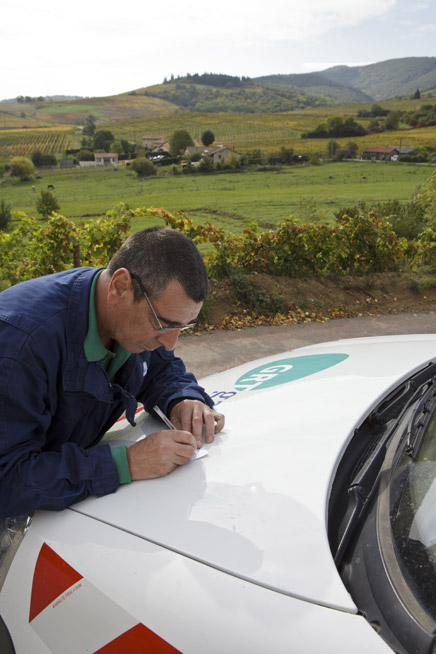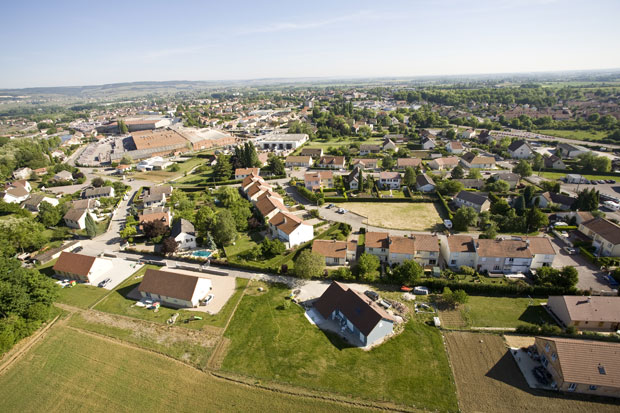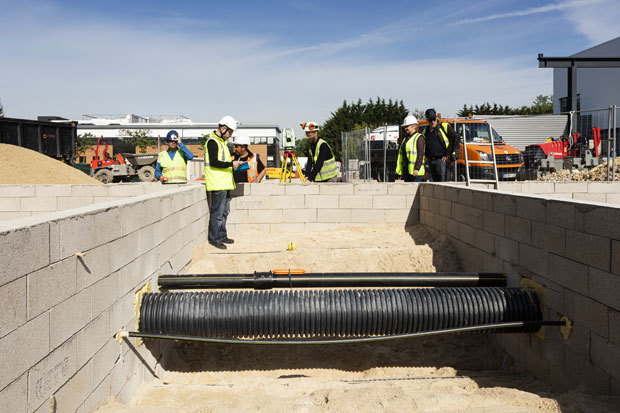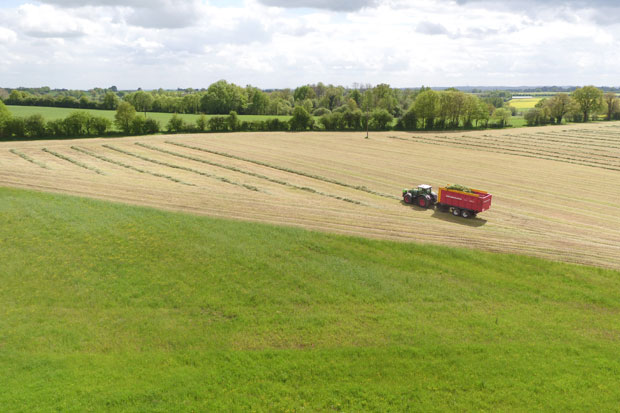Project supervisor or the person/works company

You are a local resident living near to our facilities

You are a construction company

You are a farmer

You are a local authority





You must acquire all necessary information about the presence of GRTgaz pipelines near to your future worksite, from the preparation phase of any works project onwards.
Both public and private works require that you complete a Declaration of Proposed Works (DT) and a Declaration of Intent to Carry out Works (DICT) to guarantee the safety of people, property, the environment and the networks.
A One-Call System providing you with information
This information is available from all Town Councils and on the networks and pipelines One-Call System websites.
This website also provides the names of network operators affected by your works, as well as the Declaration of Proposed Works (DT) and a Declaration of Intent to Carry out Works (DICT) forms, in particular for invisible buried networks.
The information you will need to submit your DT and DICT forms is available on the networks One-Call System website. GRTgaz will respond with its recommendations via the DT or DICT form receipts.
If you are supervising a development project, your obligations relate to the DT and DICT forms and the handling of the Public Utility Easements (SUP) under Land-use Planning. You can find details of these obligations as well as GRTgaz's support proposals for your project on this page (link to the page for development project supervisors).
Emergency works
In the case of emergency works (i.e. those justified for reasons of security, safeguarding people and property, continuity of a public service or force majeure), you should consult the networks and pipelines One-Call System website to contact the managers of security-sensitive networks.
For operators of networks transporting hazardous materials, such as GRTgaz, the party commissioning the works must call the network operator to find out the directives to apply before any work is carried out, and provide the persons or entities performing the works with this information. A notice of emergency works is then sent to GRTgaz as soon as possible.
PROTYS: an indispensable addition to the One-call System
- To simplify this process, GRTgaz recommends you use protys.fr.
- Protys is a works management company. Their platform allows customers declaring works to send their declarations electronically, and network operators to manage and respond to declarations.
- The platform has direct links to the main network operators (GRDF, RTE, GRTgaz, Orange, Teréga), who use the same tool to receive and respond digitally to DT and DICT declarations.

